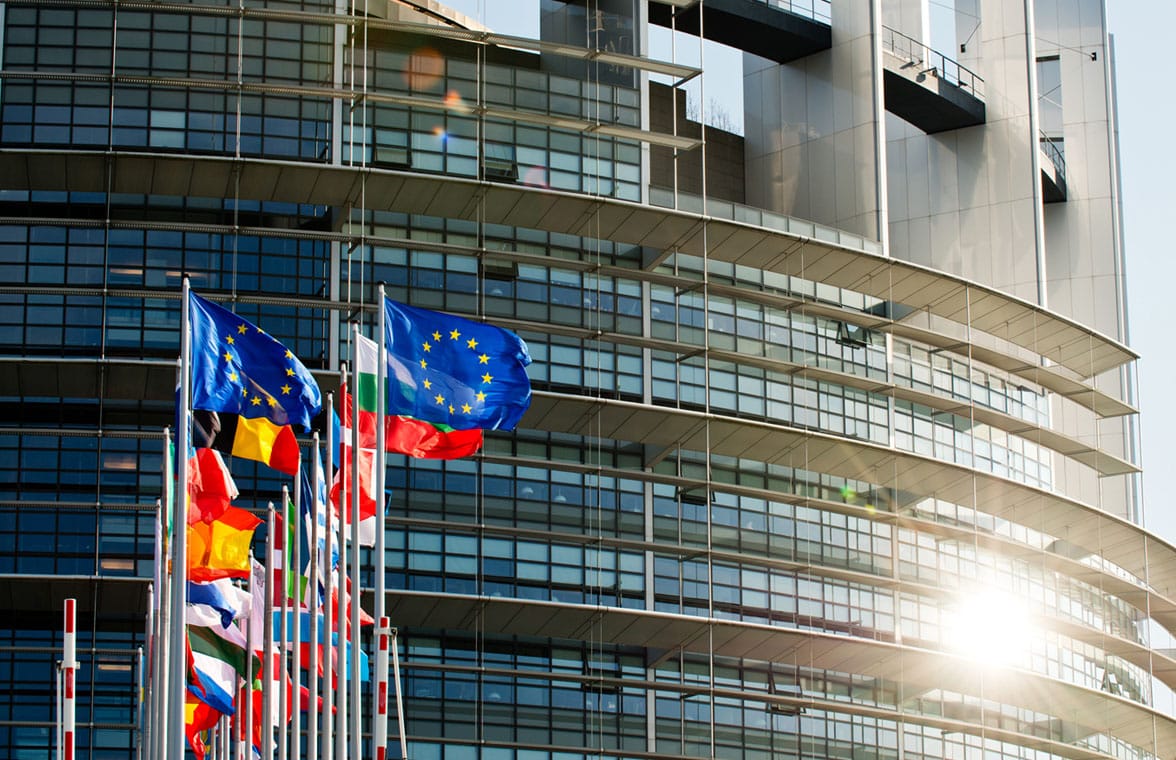
The European Parliament has adopted the Digital Markets Act (DMA) that will obligate Apple, Google and other “gatekeeper” technology companies to allow app developers and third-party service providers access to device functionalities “such as near-field communication technology, secure elements and processors, authentication mechanisms and the software used to operate those technologies”.
“The DMA sets obligations for large online platforms acting as ‘gatekeepers’ (platforms whose dominant online position make them hard for consumers to avoid) on the digital market to ensure a fairer business environment and more services for consumers,” an official European Parliament statement says.
In addition to allowing “access under equal conditions to the same operating system, hardware or software features that are available or used by the gatekeeper”, the legislation also requires gatekeepers to:
- Allow third parties to inter-operate with their own services, meaning that smaller platforms will be able to request that dominant messaging platforms enable their users to exchange messages and send voice messages or files across messaging apps. This will give users greater choice and avoid the so-called ‘lock-in’ effect where they are restricted to one app or platform;
- Allow business users to access the data they generate in the gatekeeper’s platform, to promote their own offers and conclude contracts with their customers outside the gatekeeper’s platforms.
It also states that such companies will no longer be permitted to:
- Rank their own services or products more favourably (‘self-preferencing’) than other third parties on their platforms;
- Prevent users from easily uninstalling any preloaded software or apps, or using third-party applications and app stores;
- Process users’ personal data for targeted advertising, unless consent is explicitly granted.
Companies that do not comply with the legislation could face fines of up to 10% of their worldwide turnover in the preceding financial year or of up to 20% in the case of repeated non-compliance.
Digital Services Package
The European Parliament passed the DMA at the first reading as part of a Digital Services Package proposed by the European Commission in December 2020 that also includes the Digital Services Act covering legislation to prevent “the spread of illegal content, online disinformation and other societal risks”.
“The Digital Services Package sets out a first comprehensive rulebook for the online platforms that we all depend on in our daily lives,” the European Commission says.
“These new rules will be applicable across the whole of the EU and will create a safer and more open digital space, grounded in respect for fundamental rights.”
The Digital Services Package will now have to be formally adopted by the Council of the European Union before coming into force “in autumn this year”.
Negotiators from the European Parliament and the European Council provisionally agreed the wording of the DMA in March this year.
The European Commission sent an official statement of objections accusing Apple of breaching competition law by restricting access to its NFC functionality in May.




